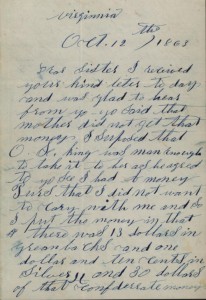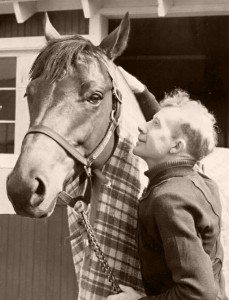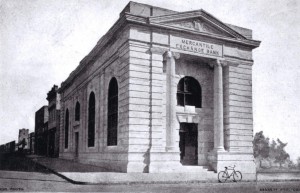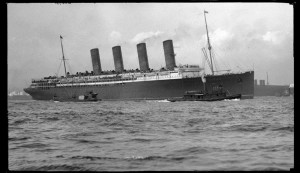
Following up on my post last month regarding Revolutionary War pensions that can have troves of information, I remembered another subsection within Civil War pensions that are almost always filled with immense amounts of genealogical and biographical data. These are the “Parents’ Pensions.”
While most of us are probably familiar with veterans’ and widows’ pensions, the parents’ pension was claimed by one or both of the parents of a deceased Civil War soldier. The pension act of 27 July 1868 stated: Continue reading Something to love in Civil War pensions







